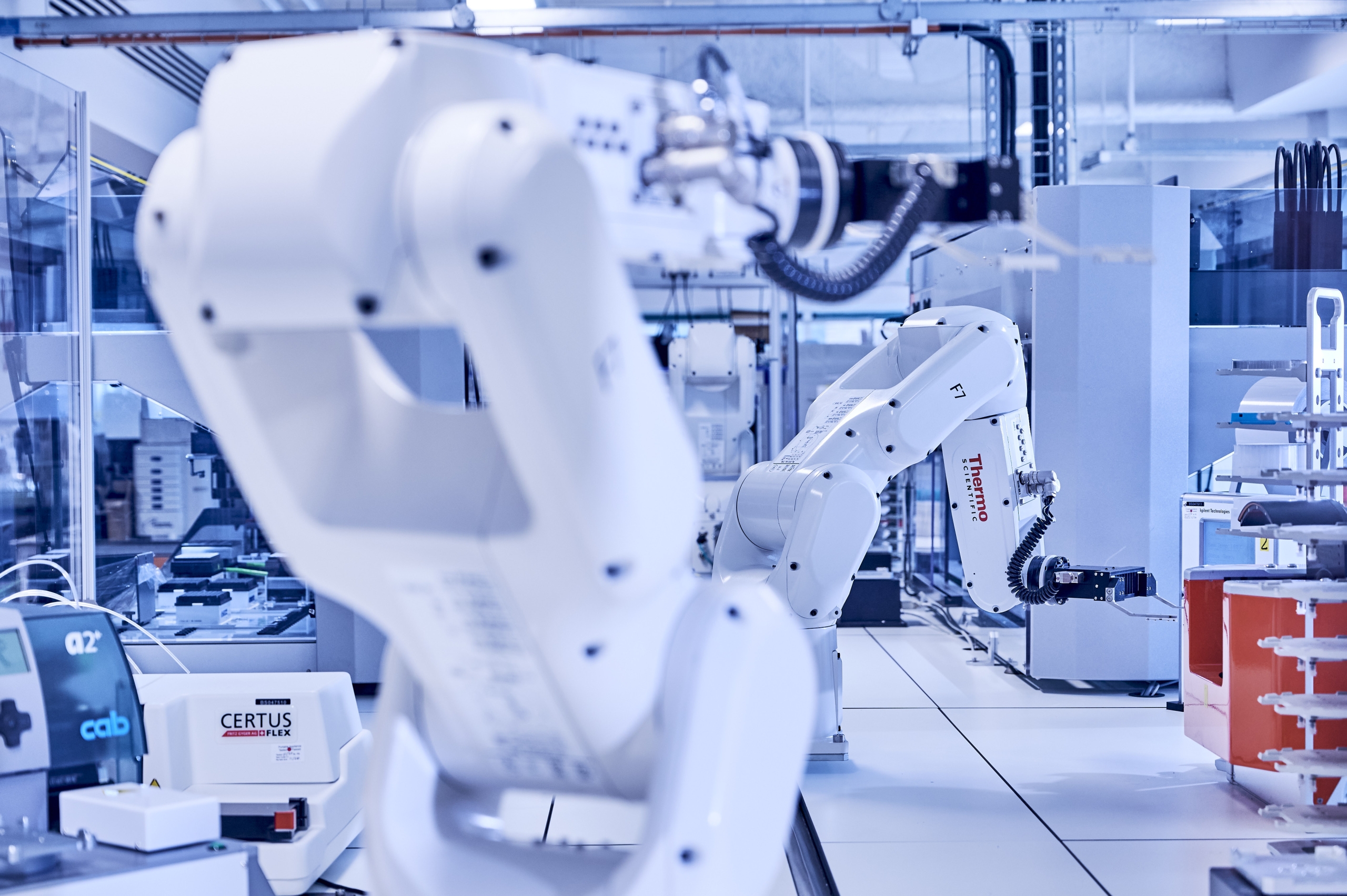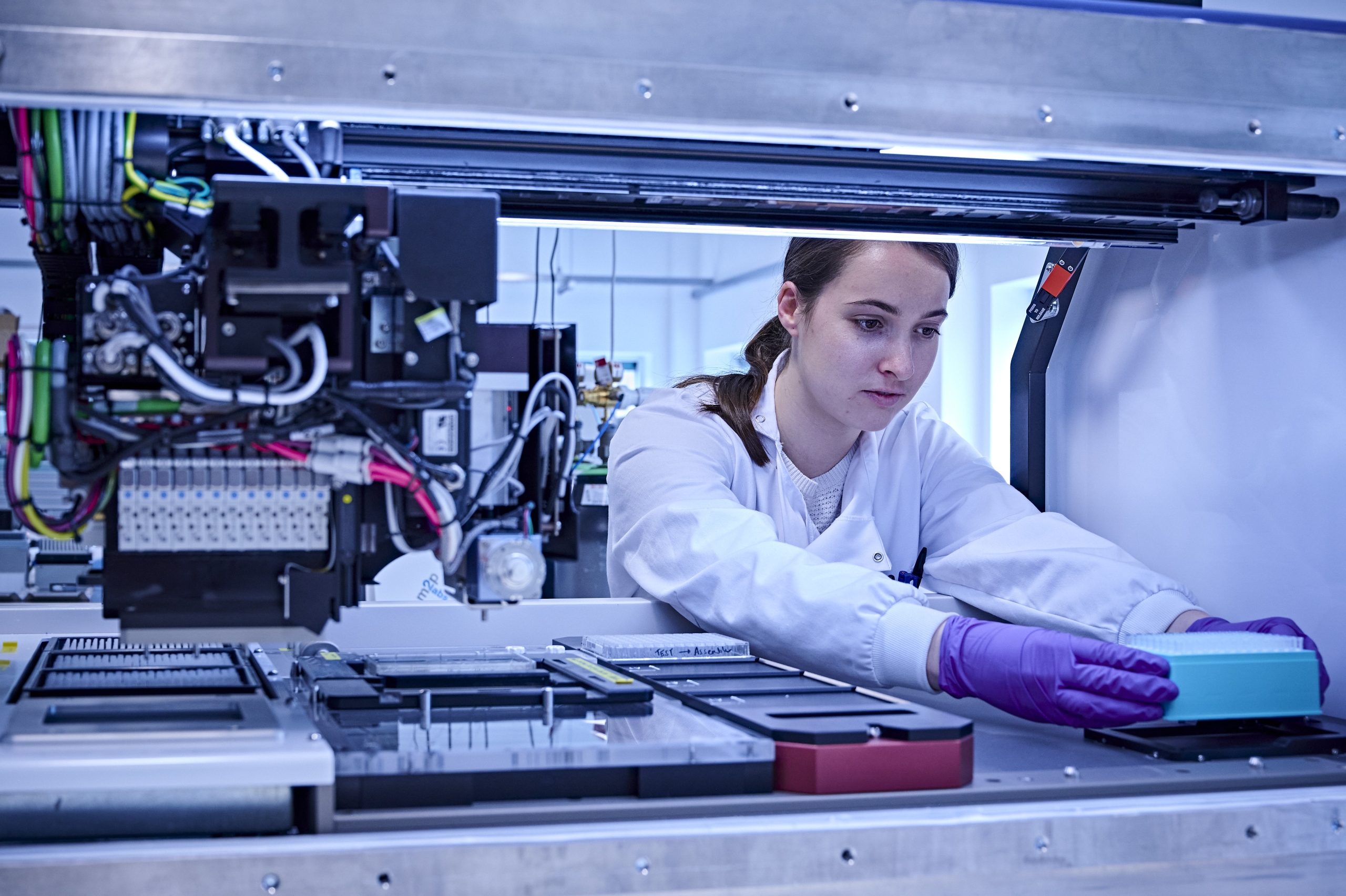3 minute read - 20th June 2025
New £14m hub to transform industrial waste to new materials
A new £14m sustainable hub is aiming to transform UK manufacturing by converting industrial waste into valuable, sustainable chemicals and materials. The Carbon-Loop Sustainable Biomanufacturing Hub (C-Loop), led by the University of Edinburgh, will use microorganisms to transform carbon-based waste, usually destined for landfill, into next-generation materials, including pharmaceuticals and cosmetics.
By harnessing the power of engineering biology, C-Loop intends to make the manufacturing of everyday products, more than 90 per cent of which are manufactured from fossil fuels using unsustainable chemical processes, cleaner and part of a circular economy. Engineering biology – an area in which the University of Edinburgh is a UK and global leader – involves the application of engineering principles to biological processes to create new materials, treatments and solutions.
The hub will also establish the UK’s first BioFactory, a dedicated platform for waste analysis, sustainability evaluation and scale-up that will cut emissions, reduce landfill and help to build a fossil-free manufacturing base. C-Loop is one of four UK-wide centres announced by the Engineering and Physical Sciences Research Council (EPSRC), which is providing £11m of the funding and is part of UK Research and Innovation (UKRI).

A new £14m hub is set to transform UK manufacturing by converting industrial waste into valuable, sustainable chemicals and materials / Picture: Edinburgh Innovations / Maverick Photography
Never miss the latest manufacturing news by signing up to our newsletter here
It will be led by Professor Stephen Wallace, UKRI Future Leaders Fellow and Chair of Chemical Biotechnology from the University of Edinburgh, in partnership with the Universities of Manchester, Nottingham and Surrey, University College London and Imperial College.
Supported by Edinburgh Innovations, which is the University’s commercialisation service, more than 40 industry partners are involved in the hub. These include global companies from across seven industry sectors, national innovation centres such as IBioIC and facilities such as the Edinburgh Genome Foundry and Imperial’s BRC Genomics Facility.
C-Loop’s multidisciplinary research community, comprising microbiologists, chemists, engineers and sustainability experts, will develop innovative supply chains to accelerate the development and commercial adoption of breakthrough technologies. In doing so, the hub will help support UK-based engineering biology companies, nurture the UK’s capabilities in the area, and prevent talent and economic potential from leaving the country, the team says.
Professor Stephen Wallace, director of C-Loop, said: “Amid a growing population, diminishing natural resources, and a changing climate, there is now an urgent environmental, industrial and political imperative to rapidly harness engineering biology technologies to defossilise manufacturing and accelerate the UK’s path to net-zero. C-Loop brings together diverse expertise from across academic disciplines, industrial sectors, and the entire value chain to drive the growth and scale-up of this emerging technology, unlocking its full climate and economic potential.”

C-Loop aims to make the manufacturing of everyday products cleaner and part of a circular economy / Picture: Edinburgh Innovations / Maverick Photography
Dr Jen Vanderhoven, chief operating officer at BBIA and chair of the C-Loop Board, added: “I’m delighted to be part of the C-Loop team for this ambitious, multi-million-pound project harnessing engineering biology to upcycle waste carbon. With industry urgently seeking sustainable alternatives to fossil-based inputs, this initiative is critical in driving the transition to above-ground carbon sources. There’s no time to waste in getting to no waste – this project not only tackles major environmental challenges but also unlocks significant economic opportunities through the production of sustainable chemicals.”
Professor Charlotte Deane, executive chair of EPSRC, said: “These hubs will play a vital role in reshaping manufacturing to help the UK achieve green growth. By combining deep research expertise with real-world partnerships, they will develop the technologies, tools and systems we need for clean, competitive and resilient industries.”
C-Loop builds on the University’s sector-leading engineering biology research and innovation. Edinburgh hosts the UK’s largest and most comprehensive group of researchers in the discipline. Across the University, researchers are collaborating with over 200 engineering biology-related companies to drive UK innovation, adoption and growth.